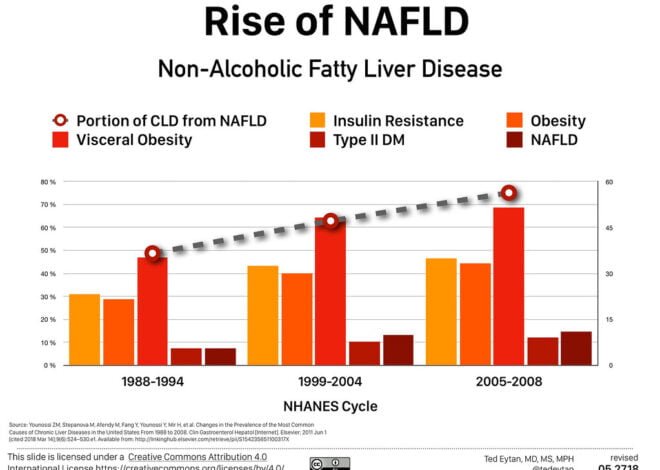
Regular fruit intake will keep Diabetes at bay, here is how !
Contributed by
Prof. Bashir A Laway
Professor and Head
Department of Endocrinology
Sher-I-Kashmir Institute of Medical Sciences Soura Srinagar Jammu and Kashmir,
email: drlaway@gmail.com
Fruit intake and prevention of diabetes
Many epidemiological studies have proved that regular intake of fruit is associated with prevention of diabetes. Consumption of 150 grams of fruit per day for adults is associated with 40% lower risk of diabetes over 5-12 years period.
The benefits of intake are seen up to 200-300 grams of fruit consumption per day. The extent of benefit may differ among different fruits. However, a combination of different fruits is more beneficial than a single fruit variety.
How fruit intake prevents diabetes?
Multiple reasons are responsible for the beneficial effect of fruits in prevention of diabetes. Fruit consumption leads to decrease in caloric intake and increase in fiber intake and consequent low risk of weight gain.
Harmful effects of energy dense diets are partly weaned off.
Fruits contain bioactive phytochemicals (like vitamin C, carotenoids, anthocyanin and chlorogenic acid) which have been shown to reduce the risk of diabetes.
Type of fruit The benefits are with all the fruits, however depending upon the caloric content vs. fiber content, some fruits are more beneficial than others are.
Apple, pear, strawberry, grape, banana, orange, peach, plum, and cherries are beneficial in prevention of diabetes.
Timing of fruit intake
Eating fruits just after meals is not a good practice because fruit is neither digested nor absorbed properly to reap the benefits.
Best time to have some fruits is either first thing in the morning after a glass of water or an hour before or two hours after the meal.
Processed fruit and fruit juice
Processed or canned fruit and fruit juices lack fiber and have high sugar content. Continuous use of these predisposes to obesity and diabetes.
In people with diabetes, consumption of fruit juice leads to rapid increase in blood sugar and persistent hunger.
Fruit intake in people with diabetes
Two components of fruits—carbohydrate and fiber content—have an impact on diabetes. Carbohydrate content may increase blood sugar level; fiber on the other hand is beneficial in diabetes.
Fiber slows the absorption of food and hence reduces blood glucose. Fibre also promotes feeling of fullness and reduces hunger that in turn helps in reducing weight.
The effect of food carbohydrate content on blood glucose levels is analysed by two parameters—glycemic index (how quickly it raises blood sugar) and glycemic load (how long blood glucose remains high).
Therefore, fruits with low glycemic index and low glycemic load are preferred in diabetes.
Based on carbohydrate load the following fruits are preferred:
- Apple: Apple is the most studied fruit for prevention of diabetes. It also is one of the best fruits for people with established diabetes. Apple skin contains fiber, which delays sugar absorption and contains polyphenol compounds that help in release of insulin from pancreas. Both these factors help in control of diabetes. Apple also has antioxidant properties, which help in prevention of diabetic complications.
- Banana: Though caloric content of banana is on the higher side, it is rich in vitamin C, potassium and vital nutrients. It is better to have a small or medium sized banana. As the bananas ripe, the sugar content increases so it is best to avoid overripe bananas.
- Pear: Pear has high fiber, potassium, and low sugar content and high concentration of antioxidants. It is one of the best fruits for people with diabetes.
- Citrus fruits (like orange, kiwi, grapes and lemon). These help in reducing blood glucose and help in preventing complications.
- Strawberries: Due to their low glycemic index, these are also very good for people with diabetes.
- Cherries: These have one of the lowest glycemic indices and provide many antioxidants, hence are preferred in diabetes.
- Mangoes: These contribute to increased blood sugar in people with diabetes; however, mangoes also contain fiber and antioxidants that are beneficial. Response to increase in blood sugar may be different in different people. Start with half a cup (around 80 grams) of sliced mango and note the response of blood sugar in the body. If blood sugar increases, portion size can be reduced. Other way of reducing the sugar-elevating effect is to pair it with protein containing food like boiled egg, piece of cheese or a handful of nuts.
- Pomegranates: These are high in sugar content but also a source of antioxidants. These increase insulin sensitivity and reduce the risk of heart disease in people with diabetes.
- Peach, Black plum and Guava also have many benefits in people with diabetes.
Fruits to avoid in diabetes mellitus
- Pineapple, watermelon, pumpkin: these are high glycemic fruits to be avoided or consumed in little quantities with care.
- Fruit juices, cooked, processed fruit, dried fruits and flavored fruit products should be avoided as these are rich in sugar content and increase in blood sugar level.
Word of caution: Because of high potassium content, fruit intake may be harmful in patients with kidney disease; such patients should follow the advice of a nephrologist.
Conclusion:
Regular consumption of fruit is beneficial in both normal people and people with diabetes. Such a dietary habit helps prevent diabetes. Also regular consumption of fruit is helpful for control of diabetes and prevents complications in people with established diabetes.
People with diabetes should be aware about the carbohydrate content of fruit. A combination of fruits is better than consuming a single fruit. Fruit consumption should be timed properly. It is best to have fruits an hour before or two hours after a meal
Join the mailing list of the magazine
Join the mailing List of The Health Guide
Join the mailing list!
Get the latest articles delivered right to your inbox!





